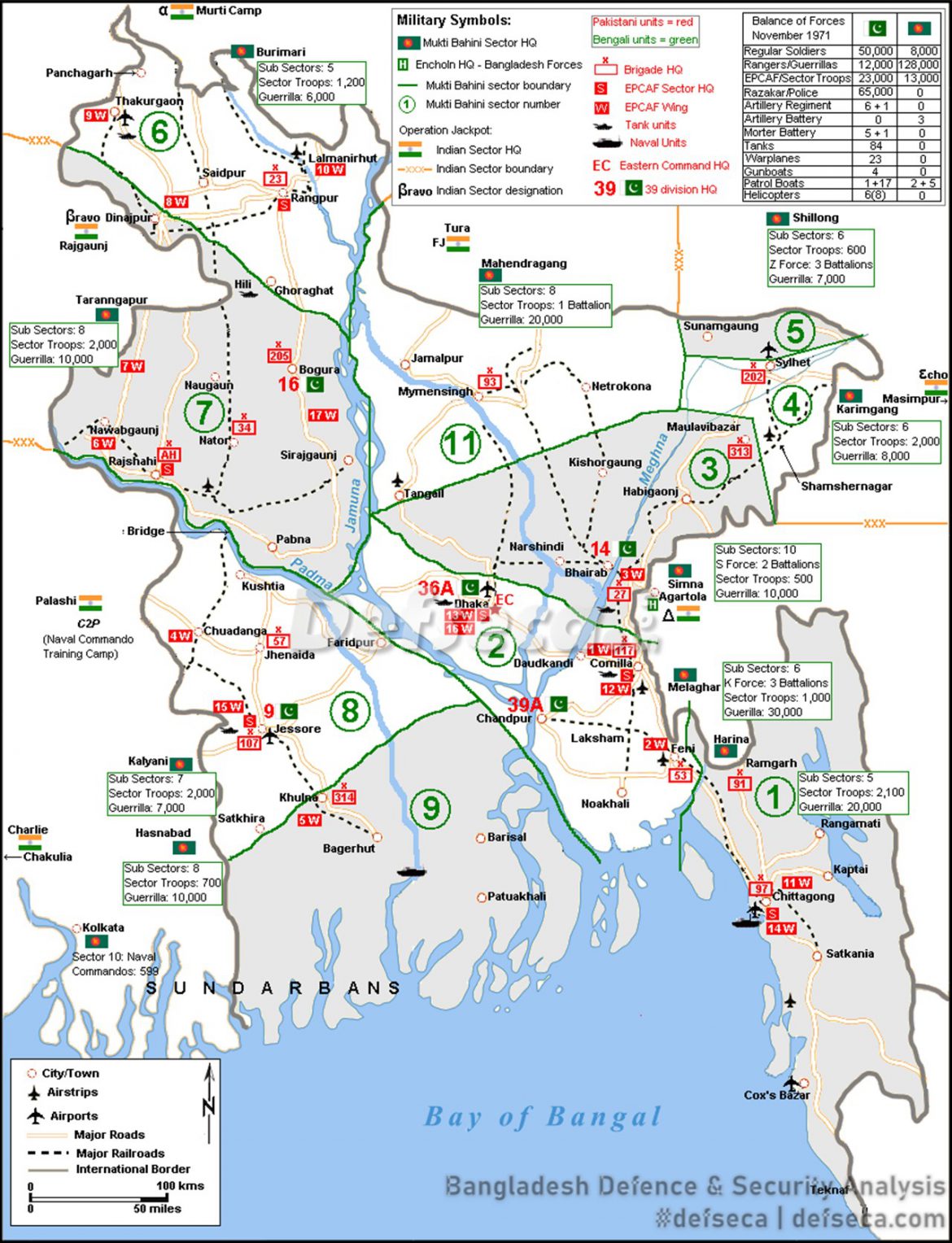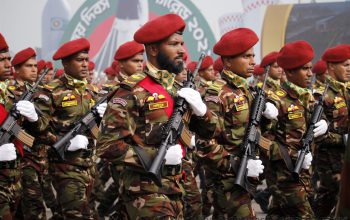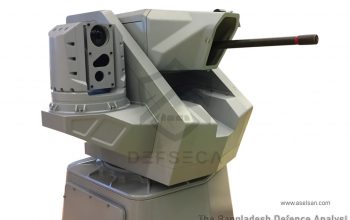The parliamentary standing committee on the Ministry of Liberation War Affairs has begun the process that would allow the film to be made under the ministry’s auspices.
Described as one of the most comprehensive simultaneous naval commando operations in the history of human warfare, Operation Jackpot was a codename for the first simultaneous operation under which a series of sabotage attacks were carried out in Chattogram, Mongla, Chandpur and Narayanganj ports on Aug 15, 1971.
In March 2017, the Chattogram port authorities took on a project to make a film depicting the operations. Gias Uddin Selim, of ‘Monpura’ fame, was chosen to direct the film at the time.
Selim finalised the script two years later following consultations with the naval commandos and the task of selecting locations for the film began. The filmmaker had said he wished to appoint pre-eminent Indian music director AR Rahman as create the film’s score.
The Chattogram Port authorities had sent a detailed project plan to the Ministry of Shipping with a proposed budget of Tk 300 million for the movie.
But the ministry rejected the proposal, asking the port authorities to revise its plans. The project subsequently hit a snag as the 2018 general elections approached.
Meanwhile, Abu Musa Chowdhury, a veteran of the operations, complained about a distortion of history in the film.
Addressing the project, former shipping minister Shajahan Khan, who is currently the chairman of the parliamentary standing committee on the Liberation War Affairs Ministry, is hopeful of a good outcome this time around.
“A lot of progress had been made before the work stopped due to bureaucratic complexities,” he said.
“The parliamentary committee has taken the initiative this time so that the production can be done under the Liberation War affairs ministry. Discussions are ongoing.”
“‘Operation Jackpot’ is a glorious chapter of our Liberation War. It will be great if we can gift the nation the film on the 50th anniversary of our independence,” said Selim.
In March 1971, the PNS Mangro, a Pakistani submarine, reached France to train its crew. Of the 41 navy crew, 13 were Bengalis. When the news of Bangladesh’s declaration of independence reached them, nine Bengali submariners killed their Punjabi superiors and managed to take shelter in the Indian High Commission in London.
They were brought back to India via Madrid, Barcelona and Rome and then sent to Plassey, on the banks of Bhagirathi River in West Bengal.
For three months, an Indian naval operation group led by Commodore David Felix and supervised by Mihir Roy trained 160 Bengali naval commandos.
The defecting Bengali submariners, like Abdul Wahed Chaudhury, provided the leadership while the best swimmers from the Mukti Fauj camp were picked up by the Indian Navy for training.
The operation was planned in the last week of July, under tight security.
Information on river tides, weather and East Pakistan naval infrastructure and deployment was collected through the Mukti Bahini. Selected commandos were sent to forward bases in Tripura and West Bengal, where a final briefing was given to them.
Mukti Bahini in Sector No. 1 assisted the group going to Chittagong, Sector No. 2 aided the groups going to Chandpur and Narayanganj and Sector No. 9 assisted the group targeting Mongla.
Each commando carried a pair of fins, a knife, a limpet mine, and swimming trunks. Some had compasses, one in three commandos had Sten guns and hand grenades, the group leaders carried a transistor radio.
All the groups carried their own equipment to their targets and after entering Bangladesh between Aug 3 and 9, reached their destinations by Aug 12, using the local Mukti Bahini network of safe-houses.
A pair of songs were played in India Radio (Akashbani) at specific times to convey the intended signal for commencing the operations. The first song (Amar putul ajke prothom jabe shoshur bari) was played on Aug 13, the second song (Ami tomay joto shuniyechhilem gaan) on Aug 14. These songs were coded signals for the phased go-ahead for the operations.
Chittagong
Sixty commandos were divided into three groups of 20 each, but one group failed to arrive due to Pakistani security on time. Thirty-one commandos mined 10 ships instead of 22 initially planned on Aug 16. Between 1:45 and 2:15 am, explosions sank the MV Al-Abbas, the MV Hormuz and the Orient barge no. 6, sinking 19,000 tons of arms and ammunition along with damaging and sinking seven other barges and ships.
Chandpur
Twenty commandos were sent to mine ships at Chandpur. Eighteen commandos divided into six groups, mined four ships. Three steamers and barges were damaged or sunk.
Narayanganj
Twenty commandos conducted the sabotage operation. Four ships were sunk or damaged.
Mongla
Sixty commandos went to Mongla port. This team was divided into five groups of 12 members each. Ultimately 48 commandos mined six ships at Mongla. Twelve commandos had been sent on a separate mission.
Credit: BDNews24




